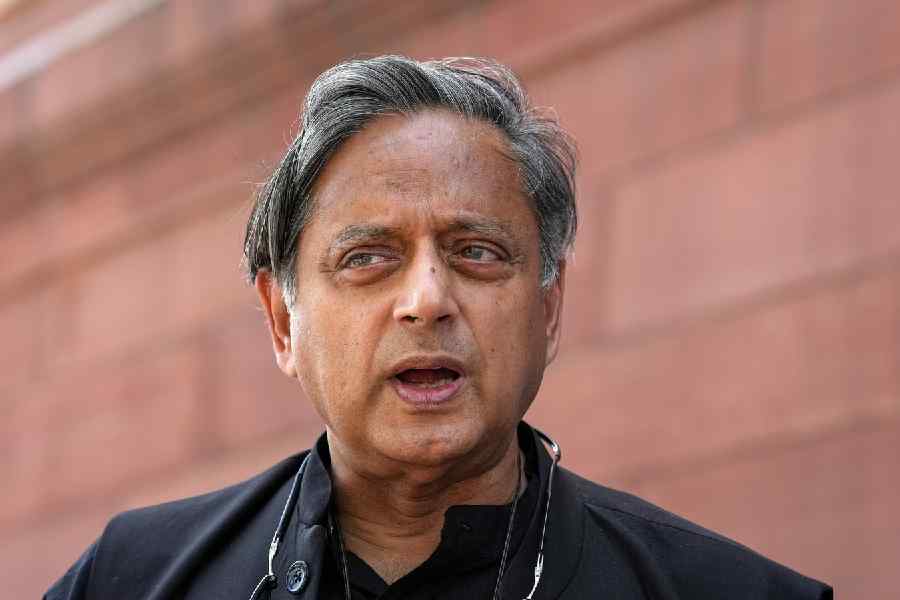The classification of The Digital Personal Data Protection Bill, 2023 — introduced in the Lok Sabha on Thursday — as a finance bill raised apprehensions within the Opposition of a possible effort by the government to limit the role of the Rajya Sabha when it is sent to the Upper House but information and technology minister Ashwini Vaishnaw later clarified that it is a general bill.
Introducing the bill in the face of objections raised by several members of the Opposition, the minister sought to clarify only one issue at this stage — that pertaining to the controversy over its classification as a finance bill under Article 117(1) of the Constitution.
This mandates that the bill can be introduced only on the recommendation of the President and cannot be introduced in the Rajya Sabha. In all other aspects, such a bill is treated as an ordinary bill on which the Rajya Sabha can vote.
"This is a general bill, it is not a money bill,’’ Vaishnaw told the House, addressing an issue raised by Congress MP Manish Tewari while opposing the introduction of the draft legislation.
Several other MPs, including Shashi Tharoor — a former chairman of the IT standing committee — Supriya Sule (NCP), N.K. Premachandran (RSP), Saugata Roy (the Trinamul Congress) and Asaduddin Owaisi (AIMIM), objected to the introduction of the bill. The MPs urged the presiding officer to refer it to the departmental parliamentary committee.
Their objections ranged from the bill under consideration not being scrutinised by a parliamentary panel, it being violative of the Supreme Court judgement in the Puttuswamy case which upheld the right to privacy, and diluting the Right to Information Act.
Even before the House convened for the day, Tewari questioned the classification of the bill as a finance bill. Pointing out that the earlier version of the bill had not been classified as a financial bill, he tweeted: "The intent here seems to be pretty clear. Once it is passed as a Financial Bill by the Lok Sabha the Hon’ble @loksabhaspeaker @ombirlakota in his innate wisdom can certify it as a money bill. After that the Rajya Sabha would have only recommendatory powers. It does not require rocket science to figure out that Rajya Sabha could have sent it to the Select committee given how the numbers were stacked.’’
According to Congress media in-charge Jairam Ramesh, the concern raised by Tewari is not a hypothetical one. "The Modi government has in the past used the Money Bill route with Aadhaar, Tribunals and the PMLA amendments. All three of these classifications by the Speaker as Money Bills are the subject matter of constitutional challenges by me before the Supreme Court, which have been admitted and are pending adjudication,’’ he tweeted.
RJD’s Manoj Jha saw in this move an effort to manage the Rajya Sabha. "How shameful!! #DataProtectionBill will be introduced as a “Financial Bill” in the #LokSabha now and that means @BJP4India has managed #RajyaSabha even before bringing the bill there. Everyday is a fresh blow to the best practices/traditions of #ParliamentaryDemocracy,’’ he said in a tweet.










